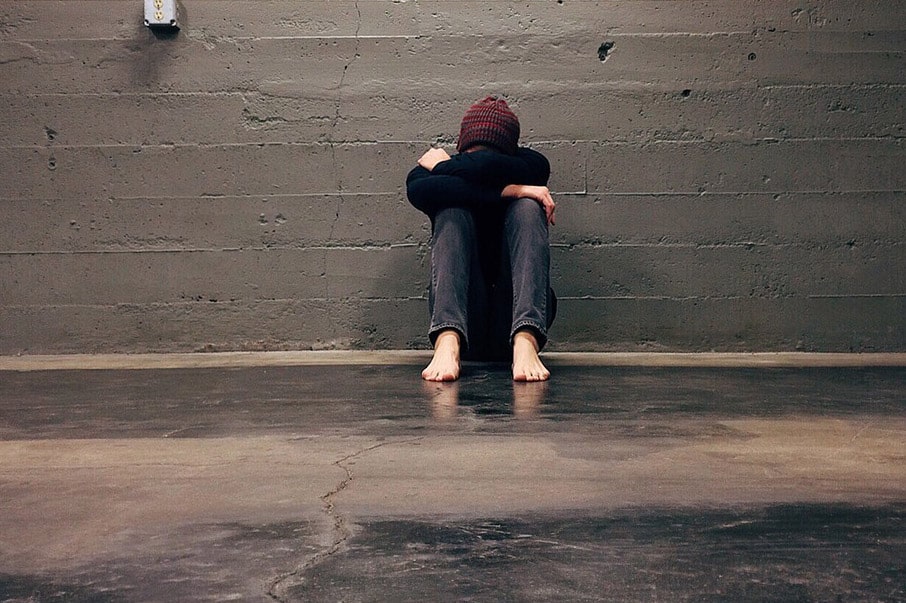Children who are not Greek Cypriots are more likely to be bullied in schools, according to the latest results of the government’s school violence survey.
The results of the survey were presented by University of Cyprus psychology professor Kostas Fantis and Education Minister Athena Michaelidou on Monday.
The survey is currently in its third and final phase and is addressed via electronic questionnaires to school pupils aged 10 years old and above, to parents and guardians of children aged four years old and above, and to schoolteachers across the island.
Presenting the latest results, Fantis said around 20,000 people participated in the survey. He added that according to European research, Cyprus has “the highest rates of school violence”.
He said one in four children reports they are a victim of bullying either at school or online, and that one in five teenagers say they have been a victim of cyberbullying.
Additionally, he said most problems were reported in middle school and high school, with increased physical bullying recorded in the first year of middle school. He said this may be linked to the transition from primary school.
He added that both bullies and those bullied reported increased stress levels, and that this manifested itself in outbursts of anger towards adults.
“Involvement in incidents of school violence increases the risk of reduced school performance, involvement in criminal acts or antisocial behaviour, development of anxiety and depression, and a low quality of life,” he said.
Teachers, he said, feel more helpless to deal with such eventualities in high school. He said they also face violence from both pupils and parents, with the most common form of violence coming in the form of insults.
He added that 15 per cent of parents reported “being treated abusively or humiliatingly by teachers,” while three in ten children said the same.
Education Minister Michaelidou said the main objectives of the survey are “to draw conclusions about the forms, the extent, and the trends of violence in each school and to correlate this data with various other factors, such as pupils’ school and family environments, the wider social context, and individual factors concerning any given child.”
She added that the government is implementing a number of special programmes aimed at preventing violence in schools.
This is part of an integrated plan to combat the issue, in which she said the government “adopts a holistic and systematic approach to the prevention and treatment of violence in schools.”
Among the planned initiatives is a pilot programme of remedial teaching with a second nursery school teacher in 50 public nursery schools.
The aim of this initiative is to support young children facing difficulties adjusting to nursery school, with the hope of preventing them from resorting to violence further down the line.
Additionally, the implementation of school counsellors has been “very important” to support and empower schoolchildren, Michaelidou said.
Another initiative is the Cyprus Safe Internet Centre, which was taken over by the Cyprus Paedagogical Institute. The centre operates educational programmes for children, young people, teachers, and parents, with the aim of preventing cyberbullying.







Click here to change your cookie preferences